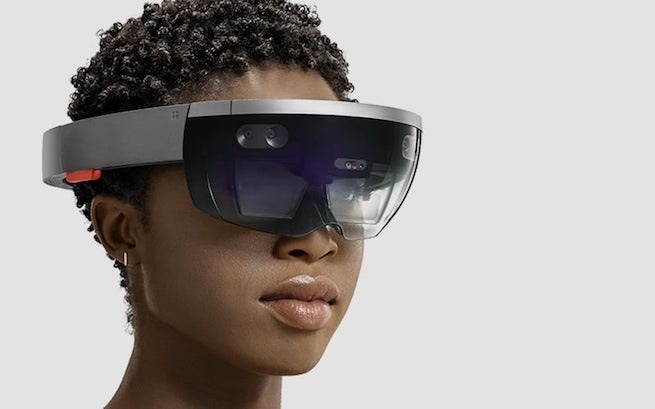
Microsoft and the US Army have announced a new contract that will see the latter using the former’s mixed-reality smartglasses, Hololens, to train soliders.
A bidding war between Microsoft and Magic Leap for a US Army contract to develop AR devices has been raging for quite some time now, but it has finally concluded, and the Xbox parent company has come out on top and with a fancy new contract in hand.
The contract — worth $480 million — is specifically for the army’s Integrated Visual Augmentation System (IVAS) program that will require Microsoft to develop prototype Hololens devices that will specifically aid US soldiers in “lethality, mobility, and situational awareness.”
“There is an operational need for the IVAS capability to regain overmatch against peer and near peer threats, as well as the need for improved training and simulation tools to provide the warfighter with the ability to train and rehearse using the same equipment utilized in actual operations,” reads the program’s official statment of objectives.
“Augmented reality technology will provide troops with more and better information to make decisions,” said a Microsoft spokesperson in a statement given to Bloomberg. “This new work extends our longstanding, trusted relationship with the Department of Defense to this new area.”
Basically, the goal of this program is to create a visor of sorts that can produce a HUD that has features that can help US soldiers in combat. The device would require a specific mixed reality training protocol, and aid in combat by providing information to the solider, such as their heartrate, and by allowing for things like thermal vision.
According to the US Army, the program will begin to deal out a limited amount of these new headsets over a 24-month period. This period will essentially serve as a prototype/testing phase before a finished product is rolled out within the US Army by the end of 2020.
As you may know, this isn’t the first time the US Army has dabbled in this space. It has notable been using VR tech for quite sometime for a variety of purposes. This new contract just further indicates its intention to expand and explore the mixed reality space even more.
























